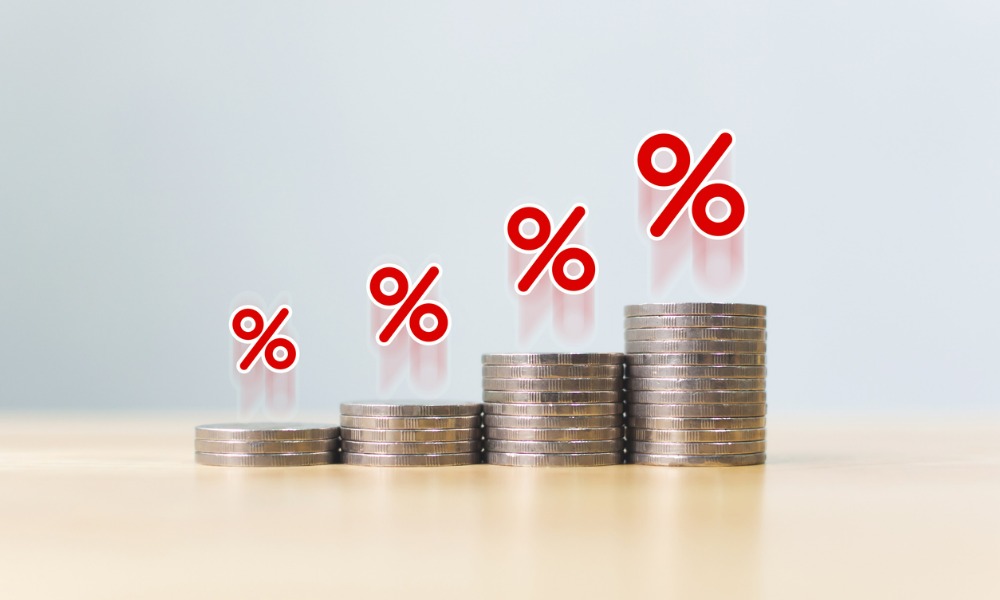Chrystia Freeland unveils a new budget with increased spending and higher taxes on the rich to support younger Canadians

Finance Minister Chrystia Freeland has presented a budget that includes increased deficits, higher spending, and elevated taxes on the wealthiest individuals in Canada, aiming to cater to the needs of younger generations according to the National Post.
On Tuesday, Freeland introduced the budget, which had been largely revealed in preceding weeks. In last fall’s fiscal update, she had predicted a deficit of $40bn for the just-ended fiscal year—a target she met.
However, over the next five years, the deficits are projected to be slightly larger than initially forecasted, accumulating an additional $10.3bn in deficits.
The budget, as Freeland highlighted, is particularly focused on Millennial and Gen Z voters, addressing the rapid increase in housing costs and other inflationary pressures.
“We want their hard work to be rewarded, as it has been for us. We want them to look forward to the future with a sense of anticipation, not angst,” Freeland stated during her budget speech.
Freeland emphasized the importance of maintaining a society where hardworking Canadians can achieve a good life, crucial for the country's future and democracy.
“Democracy is not inevitable. It has succeeded and succeeds because it has delivered a good life for the middle class,” she noted. For the upcoming year, the government plans to spend $480bn, including $54bn on national debt payments.
In terms of fiscal management, Freeland defended her government’s plan to reduce the number of civil servants by 5,000 positions over the next four years through attrition, emphasizing the careful management of Canadian taxpayer dollars.
The budget includes several key funding increases aimed at supporting Canadians in various sectors. Firstly, it allocates increased funds for home building, accompanied by tax measures to assist first-time homebuyers.
Additionally, there is $1.1bn set aside for interest-free student loans and grants. Further, the budget provides additional funding for the Liberal daycare program and the initial stages of national pharmacare, which will cover items like insulin and contraceptives.
It also includes provisions for a new disability benefit and artificial intelligence research.
The Canadian economy is reportedly on track for a soft landing rather than a recession, with better-than-expected unemployment and GDP figures providing higher tax revenues.
On taxes, Freeland introduced new measures on capital gains, increasing taxes for individuals earning more than $250,000 from non-primary residence sales or stock.
The change adjusts the taxable portion of capital gains income over this amount to 66.6 percent. This tax adjustment is expected to generate nearly $20bn in revenue over the next four years, impacting a small percentage of tax filers and corporations.
Robert Asselin, a vice-president at the Business Council of Canada, expressed concerns that the new tax could discourage investment and be detrimental to the business climate, noting the significant revenue it is expected to generate.
Conversely, Freeland argued that the tax reform is a matter of fairness and noted that the business climate was robust during periods of higher capital gains taxes in the 1990s. She pointed out the disparity in tax rates between average workers and multimillionaires, highlighting the need for tax equity.



